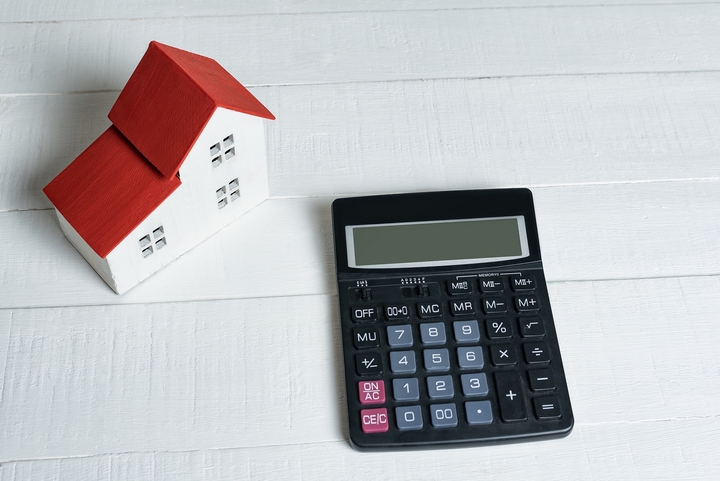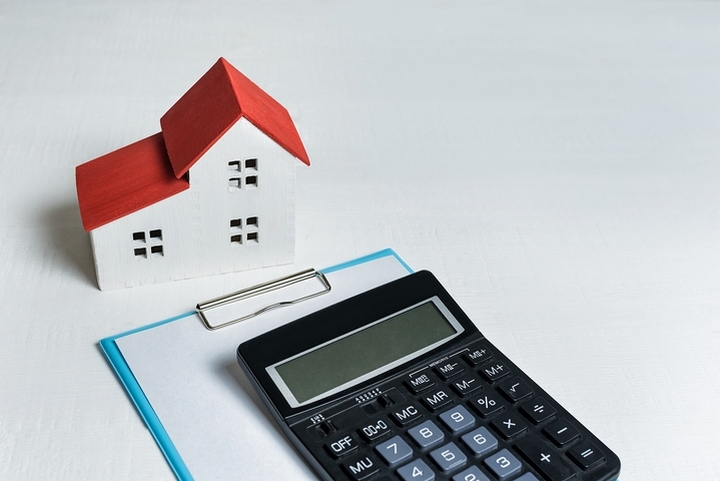When you own a home, you are in the real estate game and riding the ebb and flow of the market. Over time, your property value will usually increase, and you can see a financial gain from selling it. When it does come time to sell, you need to factor in the associated costs with the transaction, and this can help determine what you need to get from the sale so it makes sense for you.
Many homeowners have a mentality of “I want to sell my house fast“. Although speed is a priority, there are other intricate details involved. As a seller, do you pay for everything? It can be confusing, so we will break down who pays what when selling a house.
1. Closing Costs

This is the general term for the money that will be paid out during the sale of a home. These costs will be around 3-5% of your home’s value and must be paid for the transaction to go through. Here are your typical closing costs.
2. Realtor Fees

Real estate agents help buyers and sellers purchase and sell properties. They advise their clients, show them properties, bring in prospective buyers, negotiate deals and do all the paperwork for the sale. They are crucial to a successful sale and are well worth the money paid. Real estate agents get a commission ranging from 3-7% of the home’s selling price, which will be split with the buyer’s agent.
This commission comes right off the top of the house sale, so you are paying for it as a seller.
3. Legal Fees

The sale of a home is a legal transaction, and a lawyer must handle the financial paperwork. They work with the real estate agent and other parties, like your lending institution, to review all legal documentation and prepare a statement of adjustments. Your lawyer will collect and disburse the money to everyone to ensure they are paid, including themselves, and pay out the balance to you at closing.
Their fee is charged to you, but your home buyer will also have to use a lawyer for their legal end.
4. Adjustment Fees

Your lawyer will have an adjustment statement prepared, and you will pay for everything stated on it, including:
- Property taxes
- Utility bills
- Outstanding mortgage
- Any liens
- Property tax credits
- Strata fees
- Title insurance
This will not be a separate payment by the seller but rather adjusted into the closing costs and removed from the net sale.
5. Bank Fees

As a seller, you will need to pay out your mortgage if you have one, and often it comes with a penalty if you have not finished your current term. Pre-payment penalties may be on a fixed-rate term with and interest rate differential penalty or a variable-rate term with a three-month interest penalty.
You may have to pay a discharging fee for paying out the mortgage. If you are porting your mortgage to a new residence, you may be able to avoid some or all of these fees.
6. Other Expenses

These are the hard costs of selling a home, but other expenses must be considered. You will have to pay for the following:
Home Staging
Depending on the natural appeal of your home and decor, you want to get it professionally staged to sell. You may be able to recoup this expense in the transaction, but it will need to be paid for regardless.
Moving Costs
There is packing material to buy, boxes to get, and truck rentals on a moving day. If you can get family and friends to help with their vehicles, you should treat them to lunch or dinner to lend their time and manpower.
Repairs
Often, there is damage around the home that you must fix as part of the sale. This could be roof repairs, mould removal, heating and cooling system repairs, or an unstable foundation or deck.
Capital Gains
Even though this is your principal residence, if you have not lived in it long and are selling it to take advantage of an uptick in the market, you may have to pay a capital gains tax.
There are other costs associated with a home purchase that you may be wondering about, but the buyer typically pays for these. They include:
- Property appraisal
- Home inspection
- Land transfer tax
- Survey fee
- Property tax
- Mortgage loan insurance if less than 20% down
This should help clear up your questions regarding who pays for what when selling a home. Hopefully, you are selling at the right time to realize a good profit, and it will help ease the burden of life as you start your next home adventure. Understanding the costs will serve you well when selling your current home and any properties in the future.




